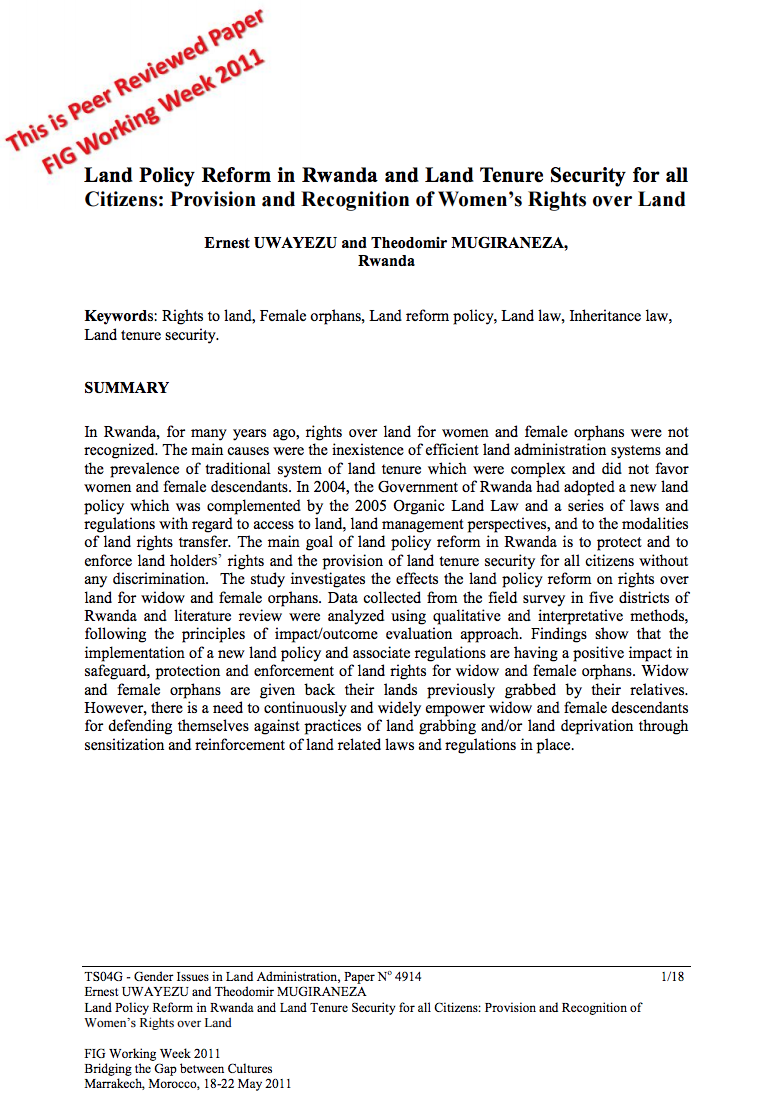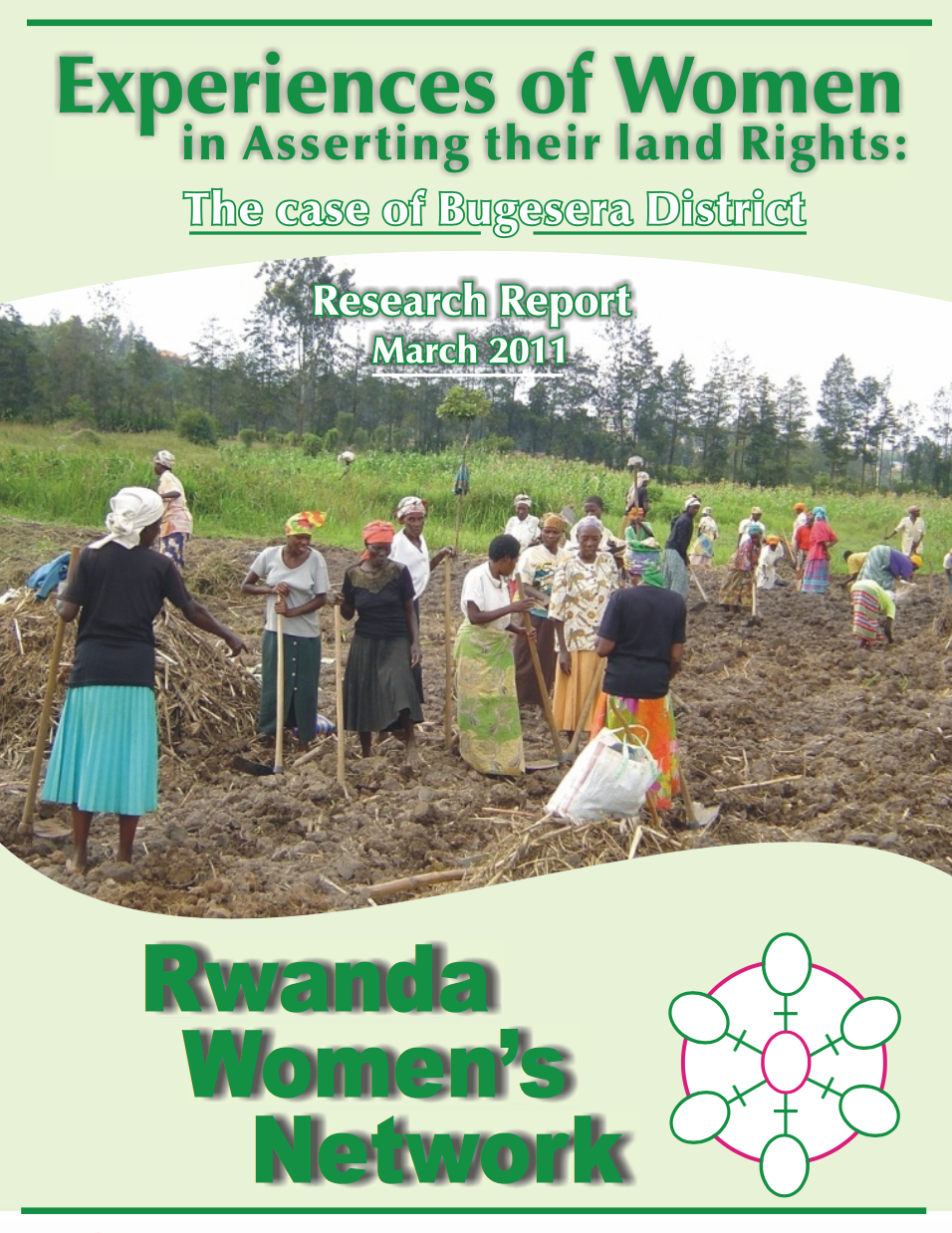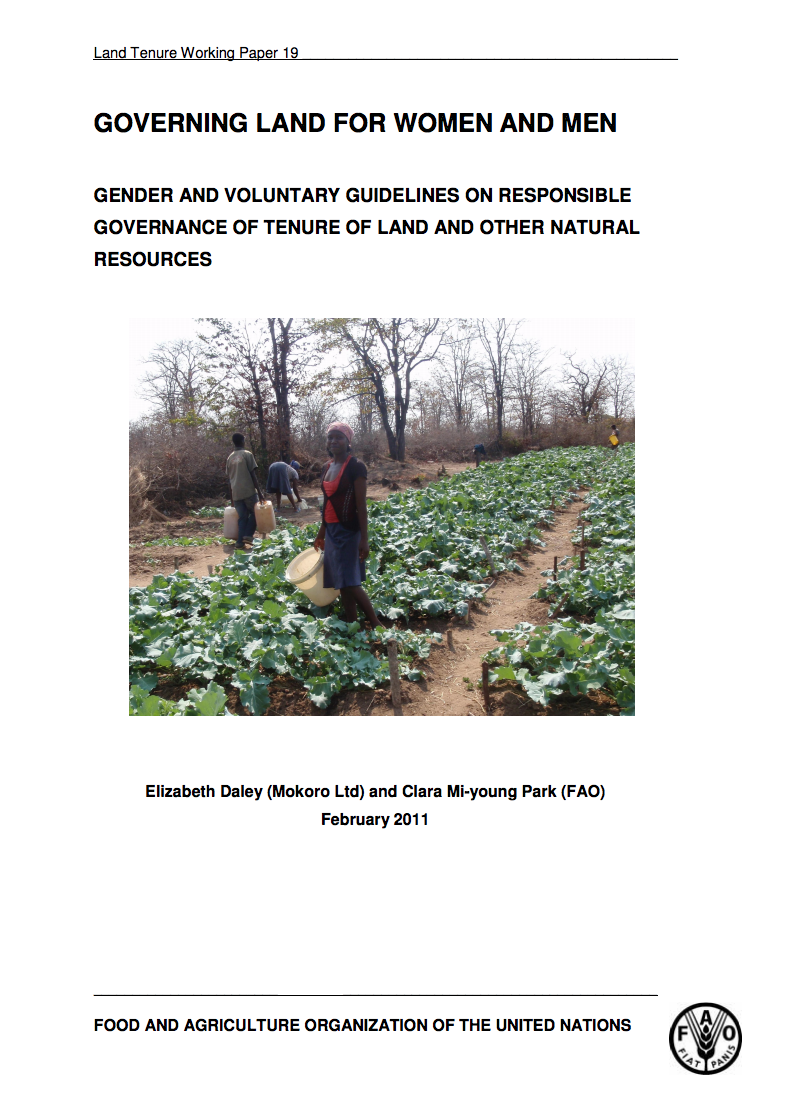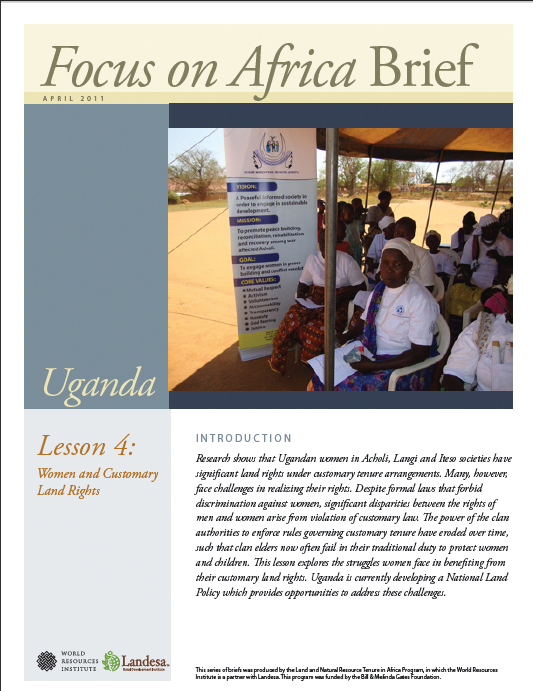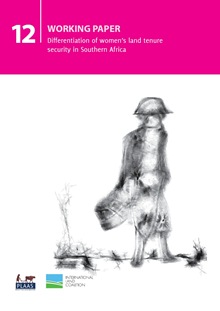Cultivar un futuro mejor: Justicia alimentaria en un mundo con recursos limitados (summary)
El informe identifica los síntomas del sistema alimentario defectuoso: crece la población que sufre hambre, no aumenta el rendimiento de las cosechas, hay una lucha por la tierra fértil y el agua, y en los próximos años seguirán al alza los precios de los alimentos. También advierte de que hemos entrado en una nueva era de crisis donde el agotamiento de los recursos naturales de la tierra y los impactos del cambio climático, que crecen en número y en intensidad, arrastrarán a más millones de personas al hambre.


